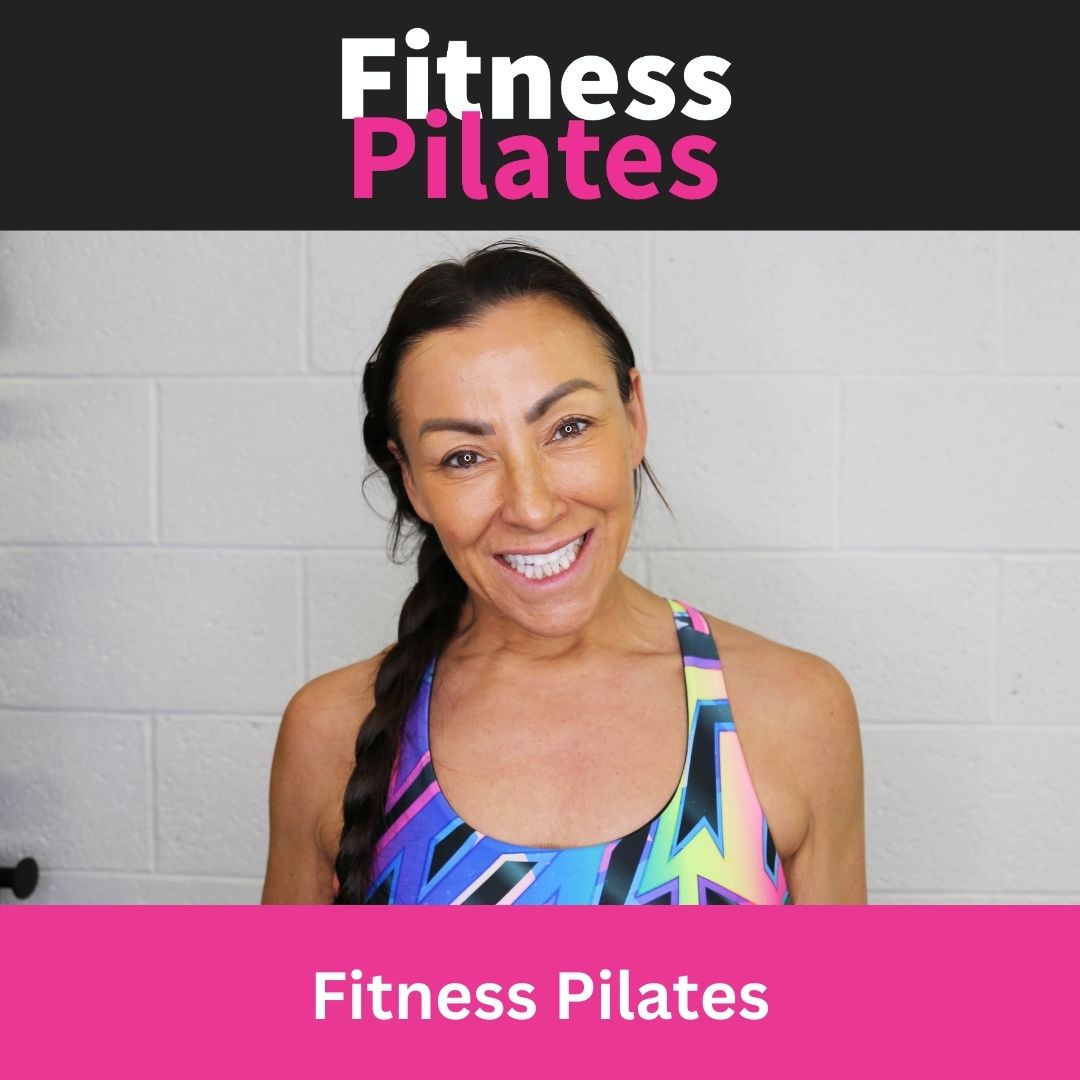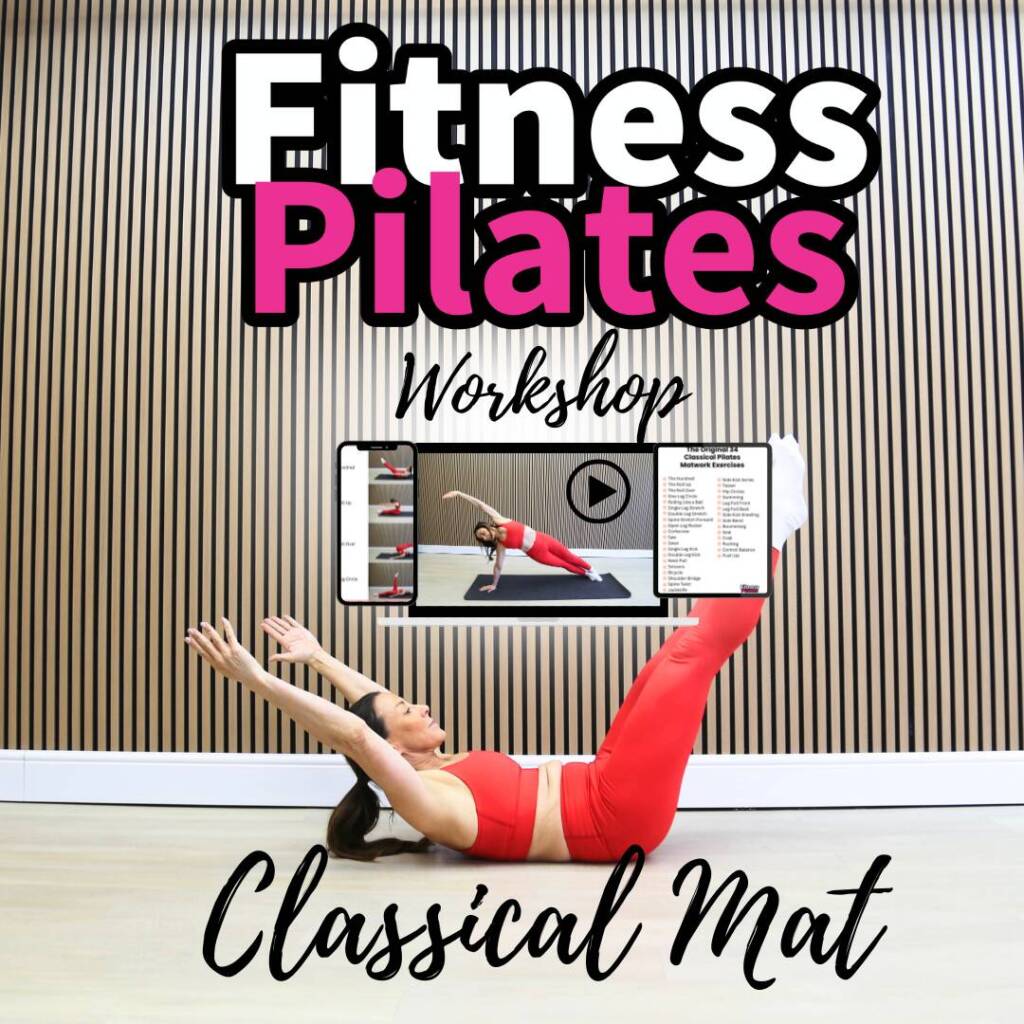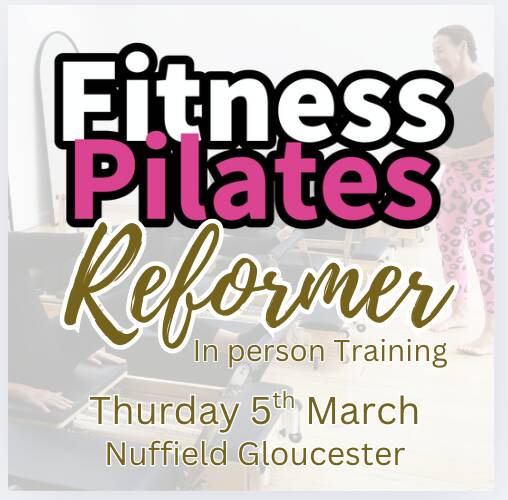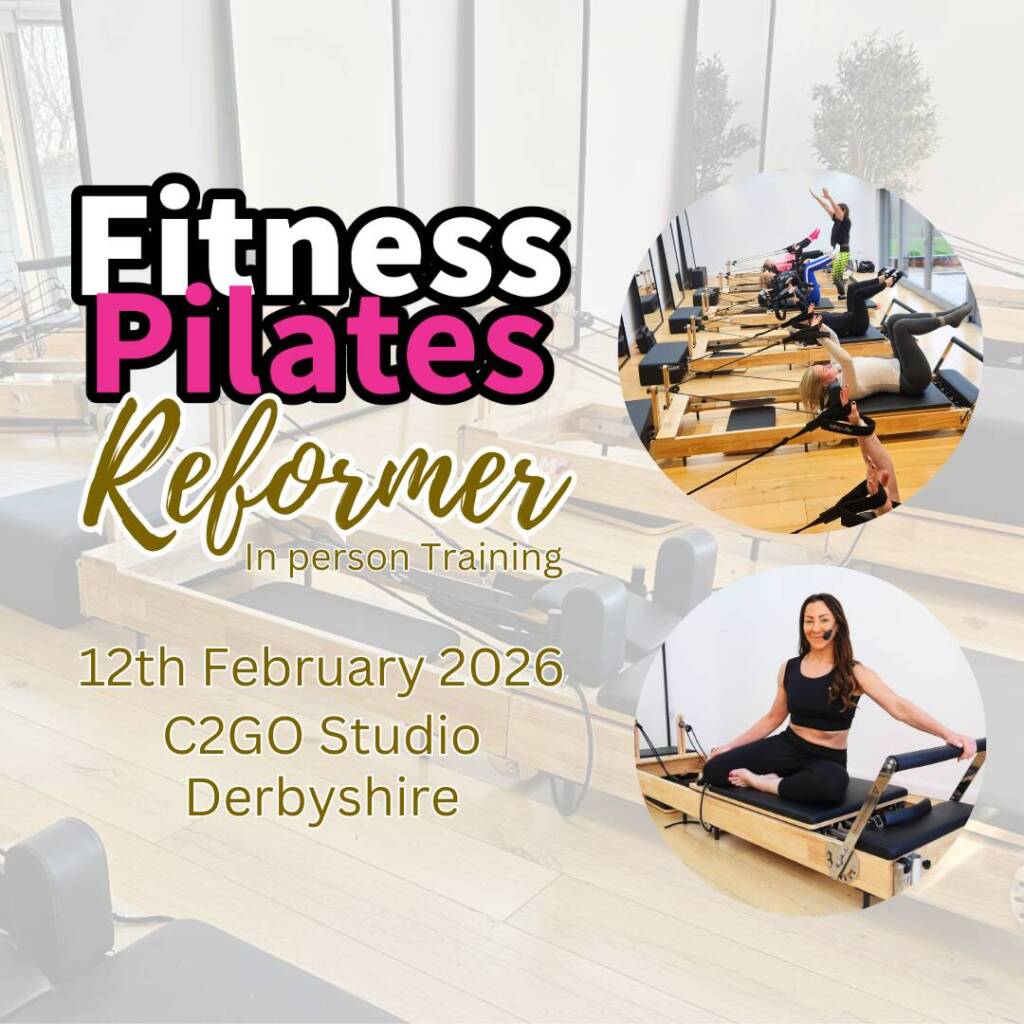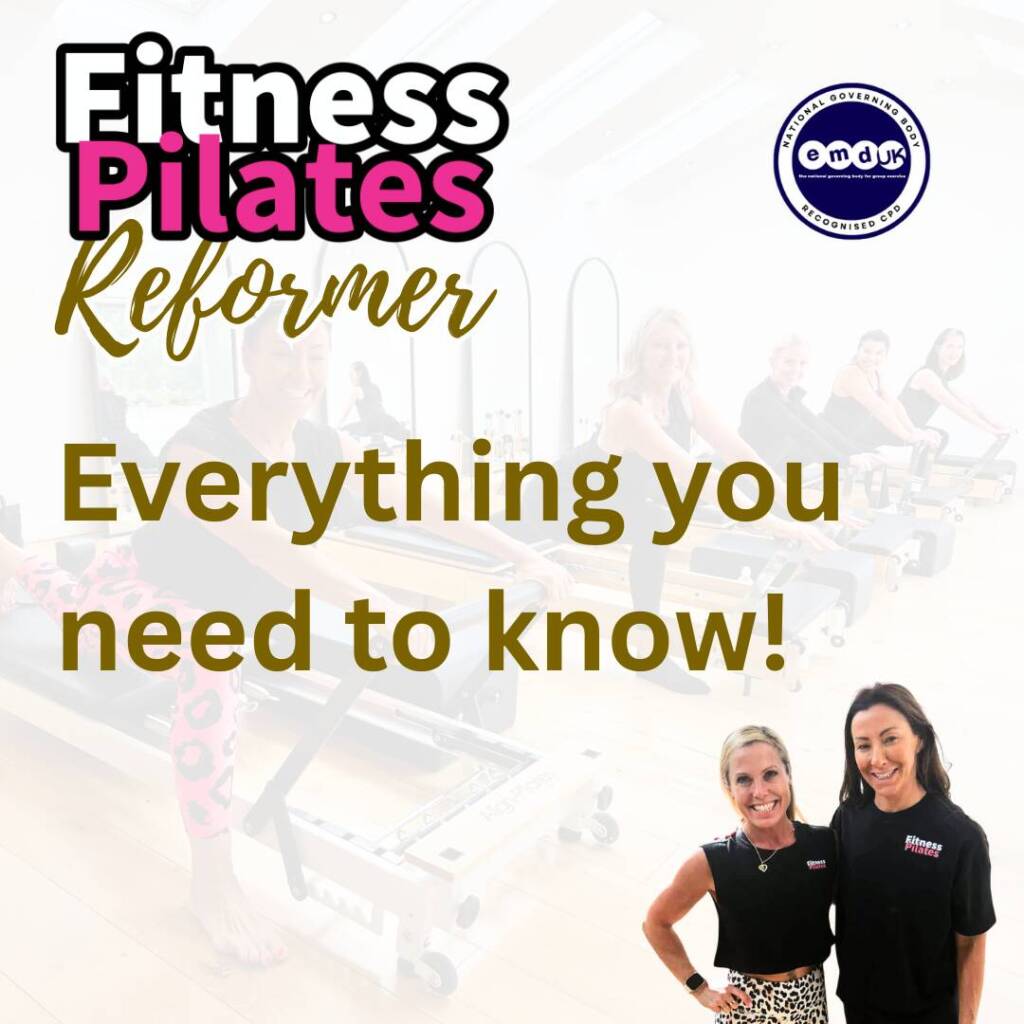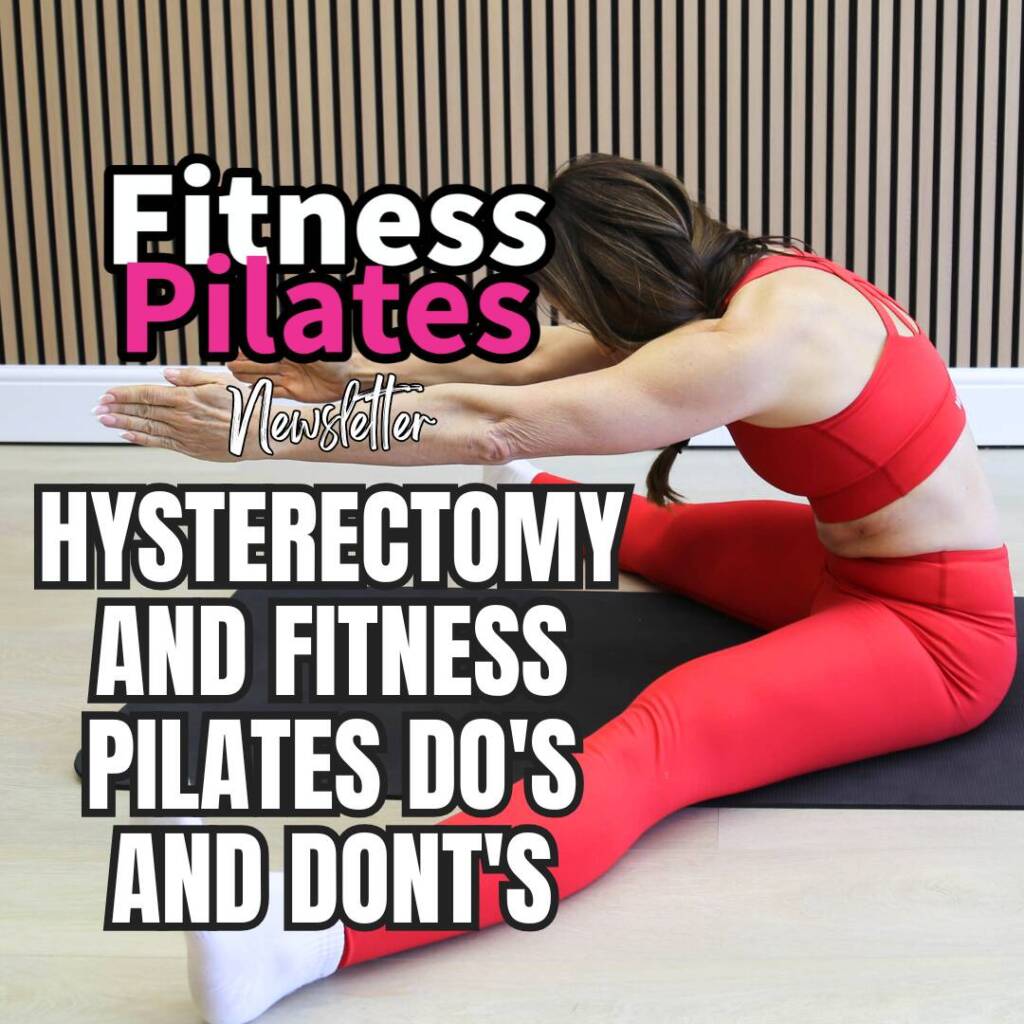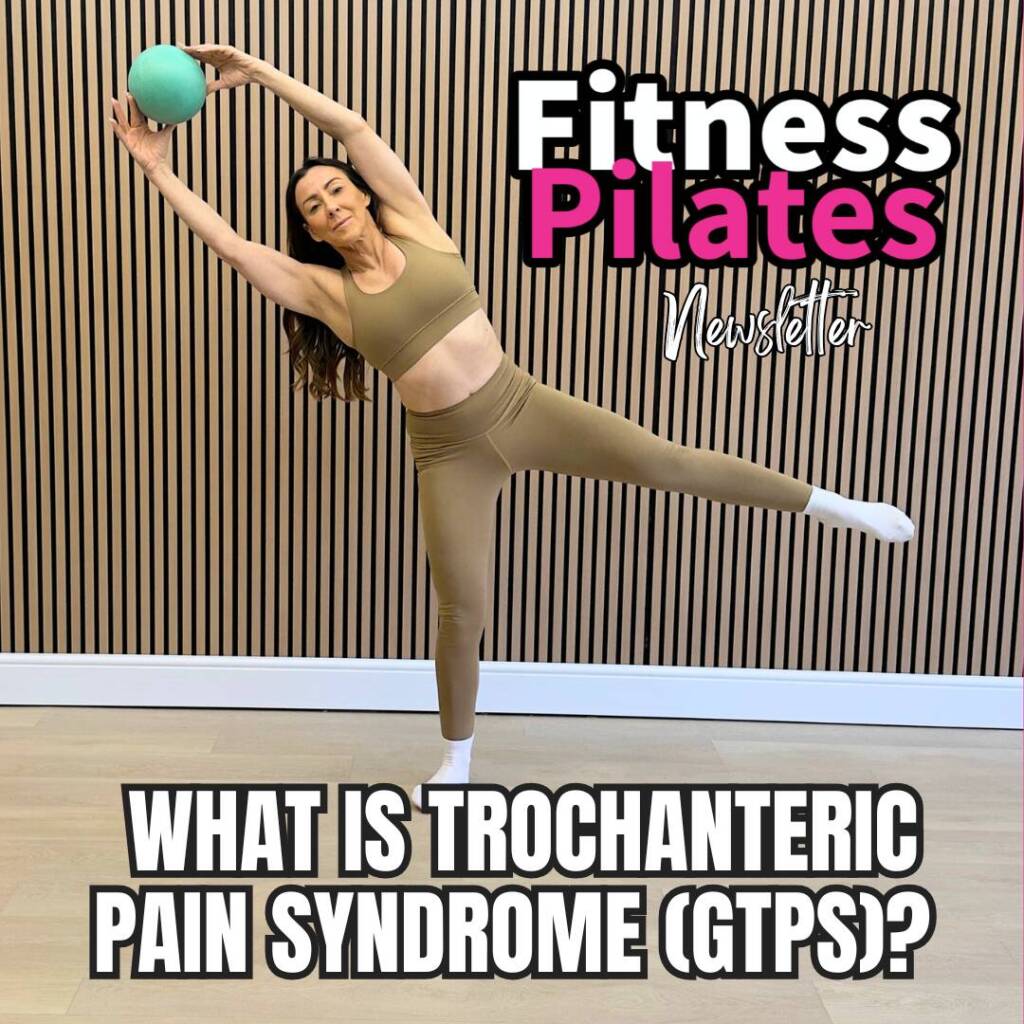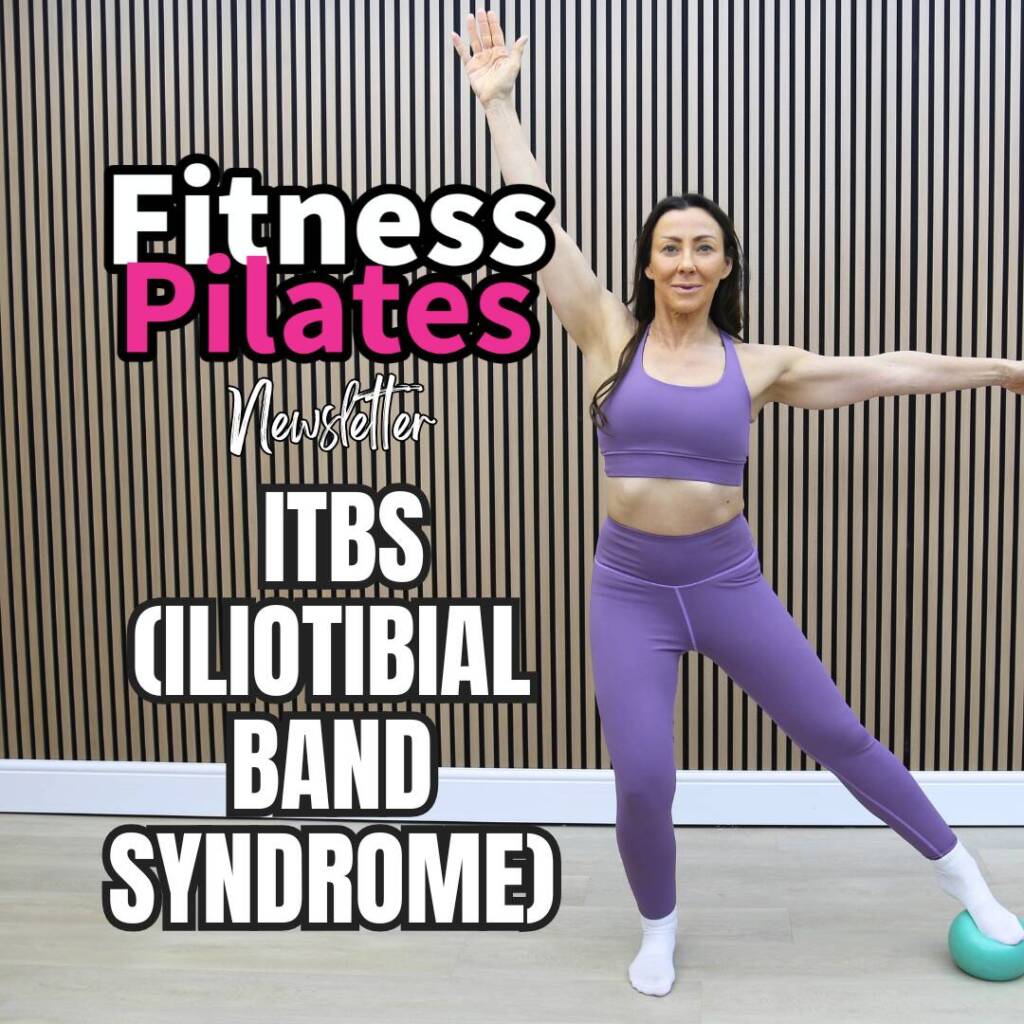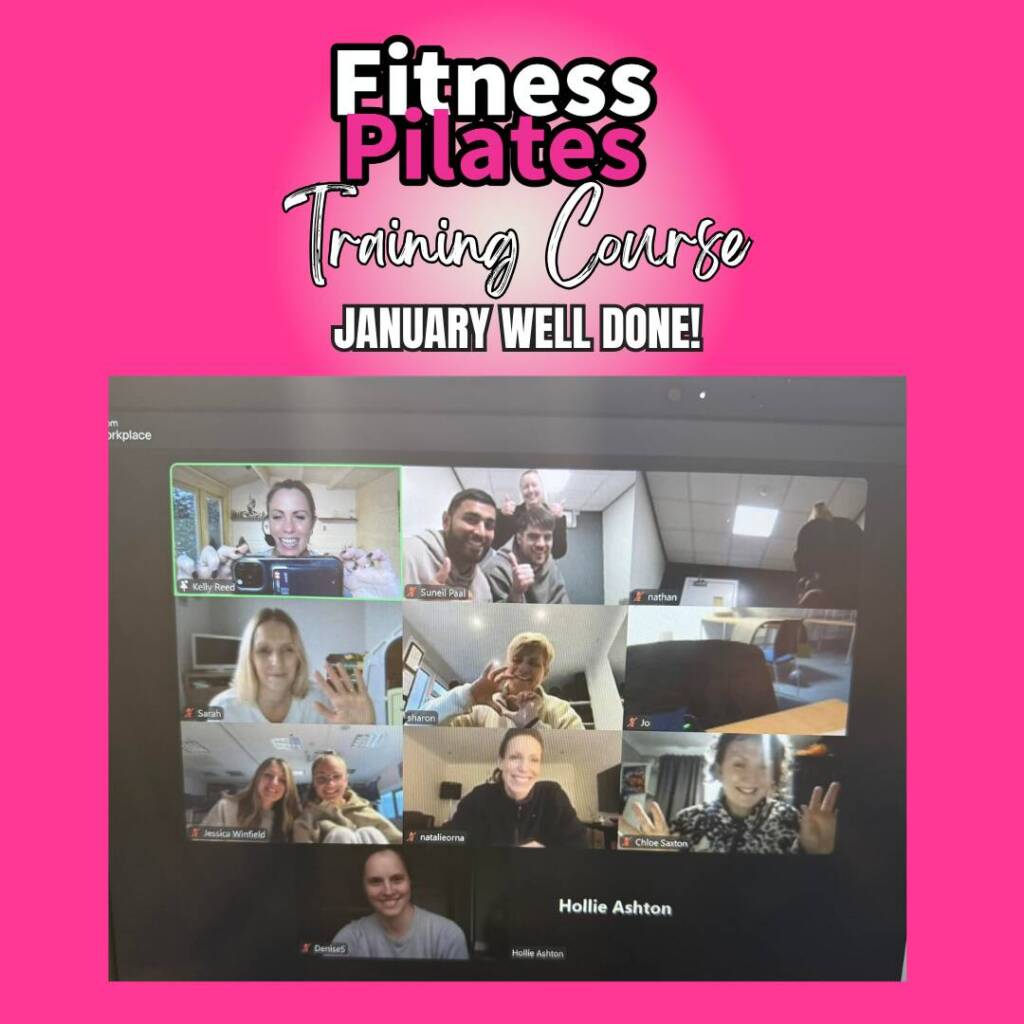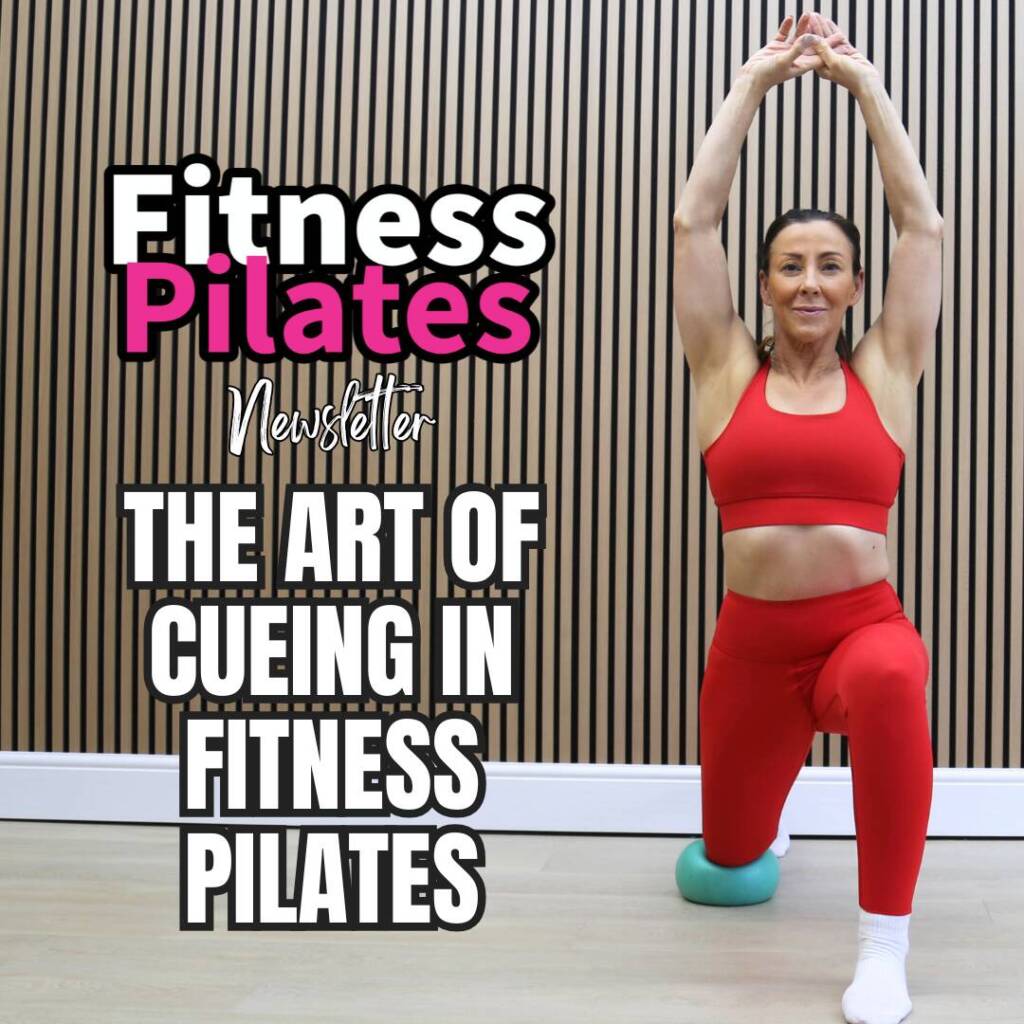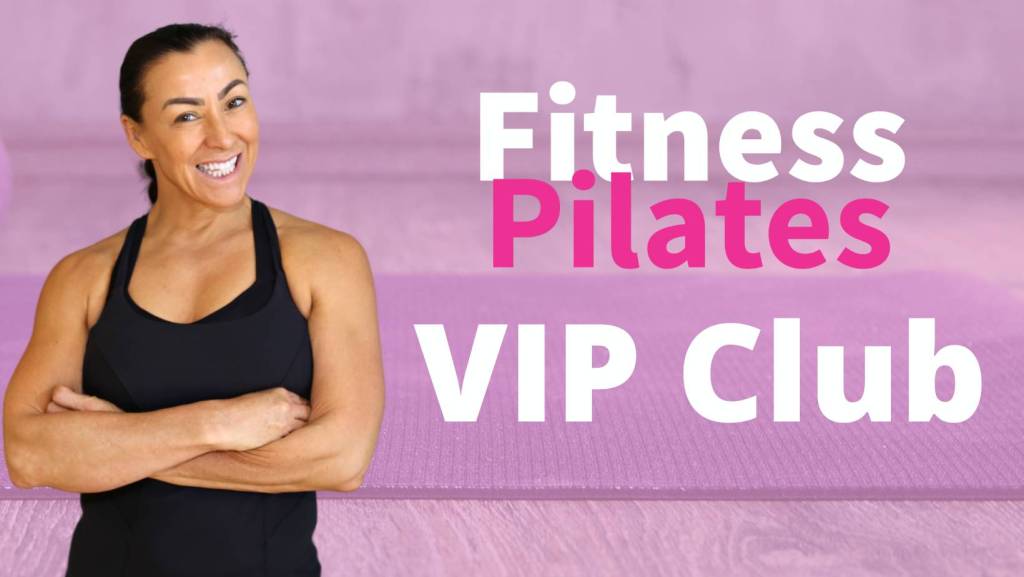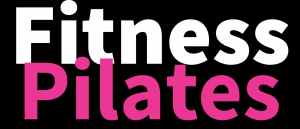
The Fitness Pilates Blog
What is an Autoimmune Disease? Fitness Pilates Newsletter
Happy Sunday! We’re all just about in holiday mode and you might have had to close down some classes or are running a reduced timetable. Or perhaps you’re running pop-ups, hoping for a stretch of good weather to host some outdoor Pop-Up Pilates in the Parks.
If you’re thinking about doing this, here are a few tips:
- Secure a location: Find a local park or communal open space.
- Create a pop-up WhatsApp or Facebook group: Invite everyone locally to join. Use this group to post about last-minute, weather-dependent classes.
- Check the weather forecast: Decide on a day and time based on the forecast, and promote the session on your social media channels.
I’m doing this in my area—it’s a brilliant way to build your community and attract new people into your business ahead of September.
I have another POP UP masterclass on 16th August be great to see you.
Have you booked for the summit yet?
It’ll be here before you know it.
Today’s Health Condition’s we are looking at is Autoimmune Disease
What is an Autoimmune Disease?
An autoimmune disease occurs when the body’s immune system, which normally protects against infections, mistakenly attacks its own healthy tissues and organs. This can lead to ongoing inflammation, pain, and a range of symptoms depending on which part of the body is affected. Autoimmune conditions are chronic and can fluctuate over time, with periods of flare-ups and remission.
There are more than 80 recognised autoimmune diseases, including rheumatoid arthritis, lupus, Hashimoto’s thyroiditis, coeliac disease, type 1 diabetes, and multiple sclerosis.
How Many People are Affected?
Autoimmune diseases are remarkably common, especially among women. It’s estimated that:
- Over four million people in the UK live with an autoimmune condition.
- Globally, autoimmune diseases affect approximately 1 in 10 people.
- Around 80% of those affected are women, with most diagnoses occurring between the ages of 20 and 50.
The number of people living with autoimmune conditions appears to be rising, possibly due to greater awareness, improved diagnosis, and environmental factors.
Common Autoimmune Diseases
1. Rheumatoid Arthritis
Affects the joints, causing pain, swelling, stiffness, and sometimes deformity. Most commonly affects hands, wrists, and knees.
2. Type 1 Diabetes
The immune system attacks insulin-producing cells in the pancreas, leading to high blood sugar levels.
3. Coeliac Disease
The immune system reacts to gluten (a protein in wheat, barley, and rye), causing inflammation and damage in the small intestine.
4. Hashimoto’s Thyroiditis
The immune system attacks the thyroid gland, leading to an underactive thyroid (hypothyroidism), resulting in fatigue, weight gain, and sensitivity to cold.
5. Graves’ Disease
Another thyroid condition, but it causes the thyroid to be overactive (hyperthyroidism), resulting in symptoms such as anxiety, weight loss, and rapid heartbeat.
6. Lupus (Systemic Lupus Erythematosus)
Affects many parts of the body, including skin, joints, kidneys, and the brain. Causes fatigue, joint pain, and skin rashes.
7. Multiple Sclerosis (MS)
The immune system attacks the protective covering of nerves, causing problems with movement, balance, and vision.
8. Psoriasis & Psoriatic Arthritis
Psoriasis causes red, scaly skin patches; psoriatic arthritis involves joint pain and swelling.
9. Inflammatory Bowel Disease (IBD): Crohn’s Disease and Ulcerative Colitis
Both cause inflammation of the digestive tract, leading to abdominal pain, diarrhoea, and weight loss.
10. Sjögren’s Syndrome
The immune system attacks glands that produce tears and saliva, leading to dry eyes and mouth.
The Best Fitness Pilates Exercises for Autoimmune Conditions
When teaching clients with autoimmune diseases, the key is gentle, joint-friendly, and adaptable movements that help maintain mobility, strength, and overall wellbeing. Here are some of the best exercises to include:
1. Mobility and Gentle Warm-Up
- Cat-Cow Stretch: Mobilises the spine and warms up back muscles.
- Pelvic Tilts: Gentle movement for lower back and core activation.
- Shoulder Circles and Rolls: Releases tension and improves upper body mobility.
- Spinal Rotations (Seated or Lying): Encourages mobility without strain.
2. Core Strengthening (Low Impact)
- Supine Knee Folds (Table Top Leg Lifts): Strengthens the deep core and supports the spine.
- Dead Bug: Controlled, low-impact core work.
- Single Leg Toe Taps: Engages core muscles with minimal joint stress.
3. Glute and Hip Strength
- Bridge (with or without support): Strengthens glutes and hamstrings, can be adapted for comfort.
- Clamshells: Activates hip stabilisers, performed lying on the side.
4. Gentle Upper Body Strength
- Wall Push-Ups: Adaptable for all abilities and easy on the joints.
- Arm Openings (Book Openers): Rotational movement for thoracic mobility.
5. Balance and Body Awareness
- Standing Leg Lifts (with support if needed): Gentle balance challenge.
- Standing Marches: Safe for all and helps with coordination.
6. Relaxation and Breathwork
- Diaphragmatic Breathing: Calms the nervous system, reduces tension.
- Body Scan Relaxation: Encourages full-body release and recovery at the end of class.
How to Manage a Class for Clients with Autoimmune Conditions
- Encourage Pacing and Self-Awareness: Remind participants to listen to their bodies, rest as needed, and never push through pain or extreme fatigue.
- Offer Modifications and Alternatives: Always demonstrate easier options and chair-based adaptations for those with joint pain or mobility issues.
- Focus on Quality Over Quantity: Fewer reps, slower tempo, and excellent technique are more important than high intensity.
- Keep Classes Low-Impact: Avoid jumping, running, or anything that jars the joints.
- Include Breathwork and Relaxation: Finish with deep breathing or guided relaxation to help regulate the nervous system and support recovery.
- Check In Regularly: Ask participants how they’re feeling during and after class, and be ready to adapt further if needed.
- Educate on Consistency: Encourage regular, gentle movement rather than occasional, strenuous sessions.
Ill post this in the Fitness Pilates Facebook group so we can continue the discussion there.
Do let me know if these newsletter are helpful and feel free to pass on to clients in your own newsletter.
Fitness Pilates for specific health conditions is a HUGE opportunity.
Let me know your thoughts and anything you would like me to cover just send me an email or whats app 07976268672
Have a lovely weekend.
Rachel x
Join the weekly free Fitness Pilates newsletter here
JULY PILATES COURSES
Fitness Pilates Training Course 1st August READ MORE HERE
Check out the NEW Fitness Pilates Somatics workshop HERE
Learn all about the NEW Learning lab workshop here for advanced pilates instructors
Fitness Pilates Reformer certification 23rd July Online LEARN MORE
Join us at the 2025 Fitness Pilates Summit 20th September BOOK YOUR TICKETS

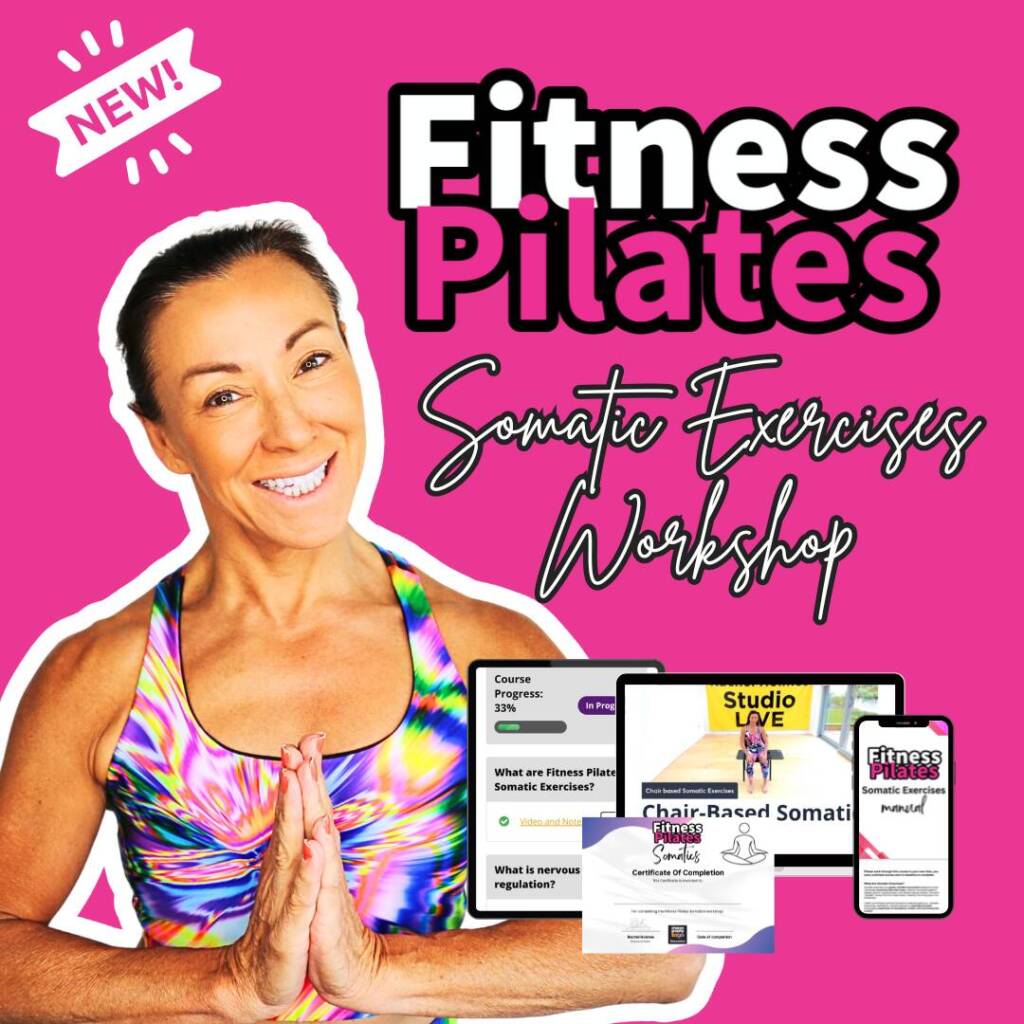
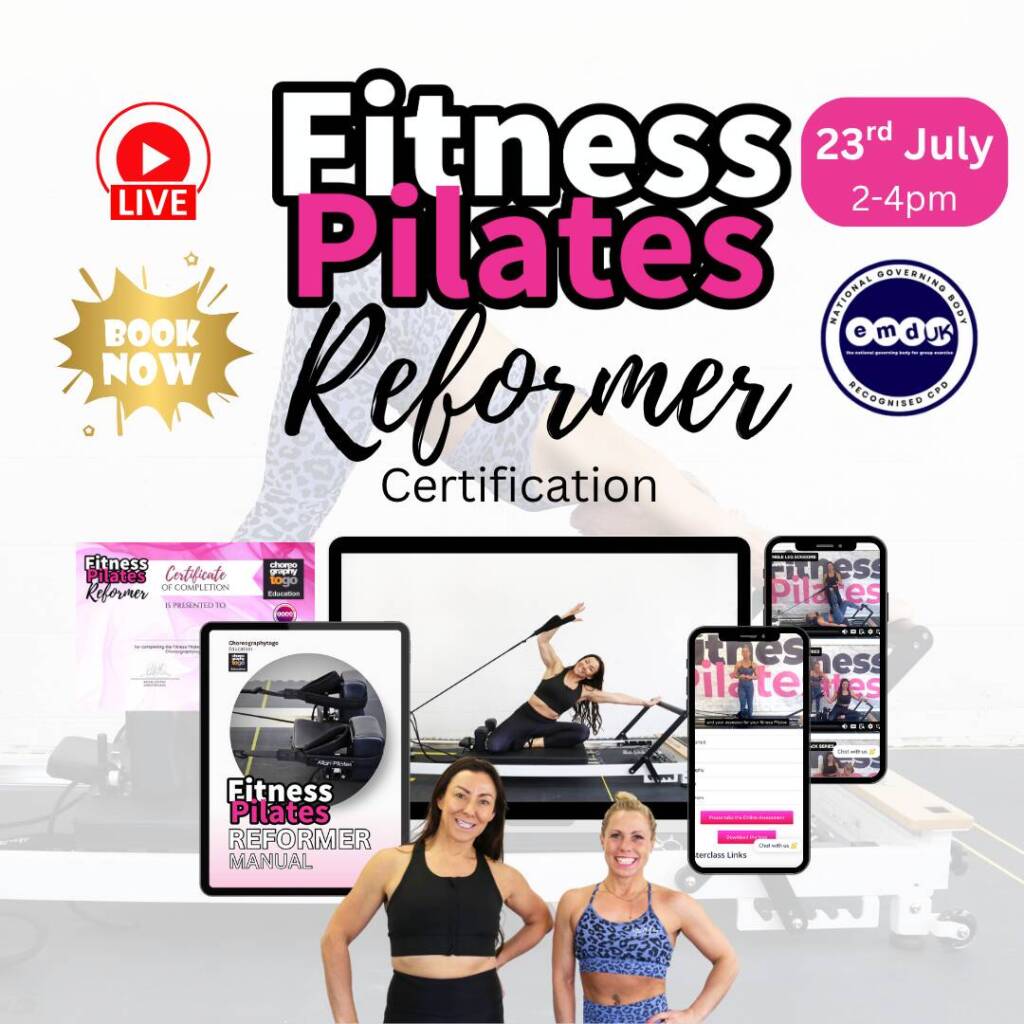
Share this post:
Latest Fitness Pilates Courses & Classes
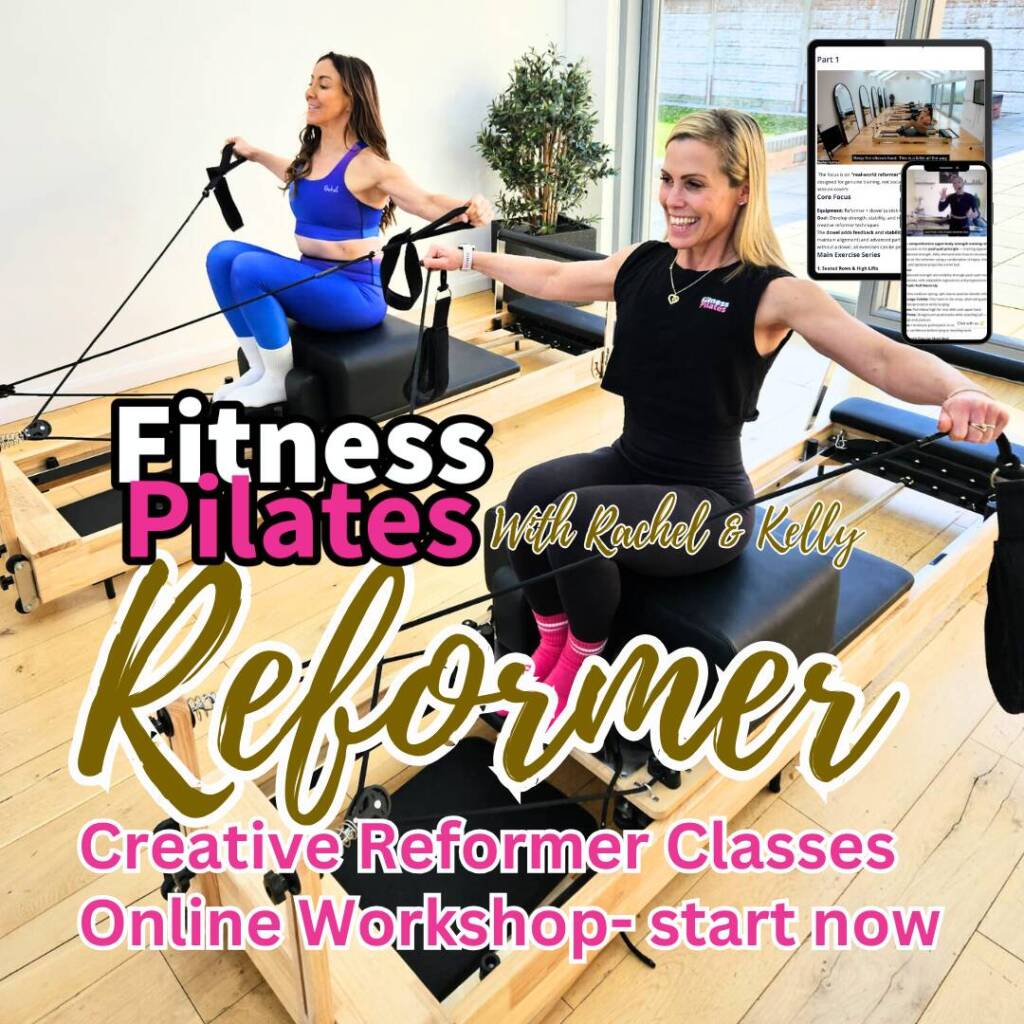
Creative Reformer Classes – Online Workshop
£75.00 Original price was: £75.00.£60.00Current price is: £60.00.
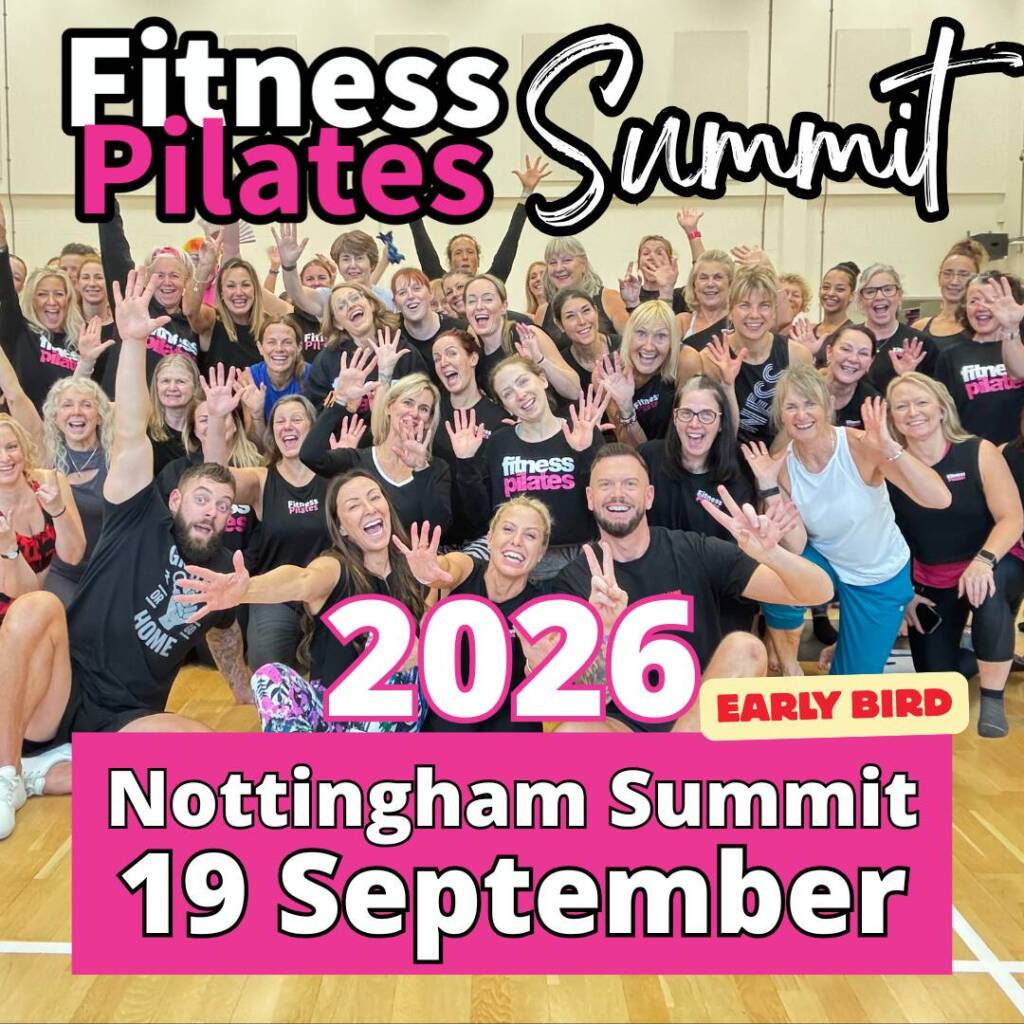
Fitness Pilates Summit Event 2026 EARLY BIRD TICKETS
£127.00 Original price was: £127.00.£99.00Current price is: £99.00.


The latest Fitness Pilates blogs & news
Join the Fitness Pilates newsletter
A short description introducing your business and the services to visitors.
